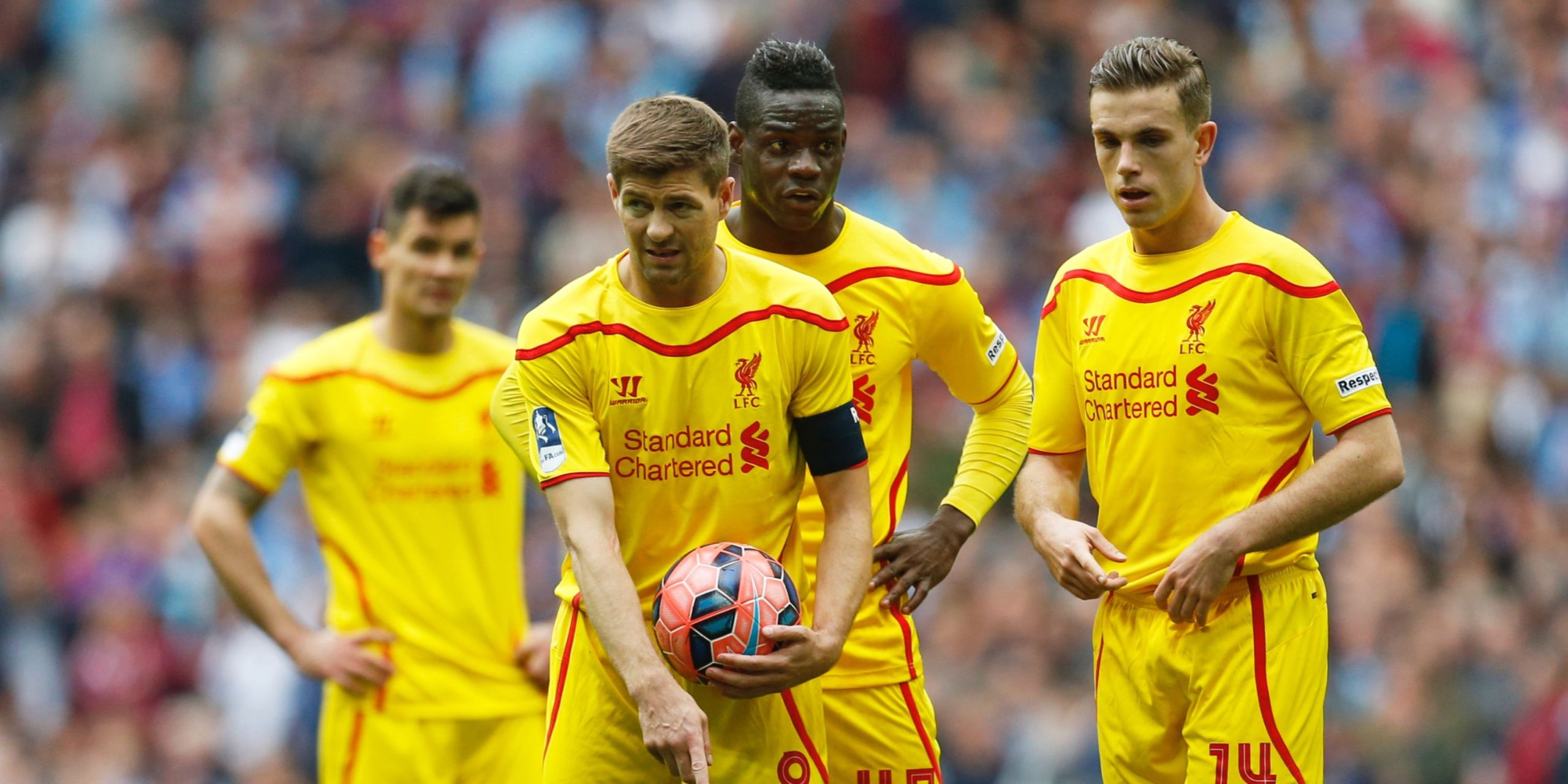Liverpool have had a strong start to the 2023/24 season, after falling short of the top four in what was a lacklustre campaign by Jurgen Klopp’s side’s standard last time out.
The Reds have seen the highest highs that domestic football has to offer over the past few years, claiming their sixth Champions League win and their first Premier League win as a new batch of heroes wrote their name into history.
Stars such as Mohamed Salah, Virgil Van Dijk, Andrew Robertson and Alisson were welcomed along the way during Klopp’s tenure, with all of the star names bringing quality that paved the way to the recent successes at Anfield.
Before Klopp’s reign, every manager had their crop of sensational talents that led the way for others to follow at Liverpool, however not every capture has been as successful as the other.
Brendan Rodgers suffered a spell of welcoming adequate acquisitions in the bid to replace sharpshooter Luis Suarez, after the Uruguayan was sold to Barcelona for £75m in 2014.
The summer of 2014 was a highly underwhelming one for the Reds, who saw Suarez replaced by the signings of forward players Rickie Lambert, Lazar Markovic, Divock Origi, and most controversially, Mario Balotelli.
While Origi left a hero for his goal in the Champions League final in 2019, others were remembered less fondly, most prominently Balotelli, who failed to live up to any expectations.
When did Liverpool sign Mario Balotelli?
Balotelli was signed from AC Milan in the summer of 2014 for a mere fee of £16m, just 17 months after he’d joined the Rossoneri from fellow Premier League side Manchester City.
At the point of his arrival, the Italian explained how he was thrilled to be back in England, describing his move away from the Premier League as “a mistake” after spending two-and-a-half years in Manchester.
Rodgers went as far as dubbing his new signing a “really smart piece of business”, explaining that his arrival was a representation of “outstanding value” for Liverpool, which was far from reinforced by the striker during his time at Anfield.
Why did Liverpool sign Mario Balotelli?
After losing Suarez, Rodgers had to find a fast solution for losing a source for goals as competent as the Uruguay international, who had netted 31 Premier League goals in 33 appearances the season prior.
Realistically, there was no striker fit to replace Suarez, yet someone had to fill the void left by the Reds’ superstar, and Balotelli was considered the right man for the job.
The striker had left the Etihad having scored 30 goals in 80 appearances for City, winning the Premier League title and making the headlines for both his performances on and off the pitch.
In the 2013/14 Serie A campaign, his first after leaving England, the 6 foot 2 forward scored 14 goals in 30 appearances in the league for Inter, which had caught Liverpool’s eye enough for them to capture his signature in the summer.
Suarez couldn’t be replaced, but it was pivotal that a goal-scoring presence was integrated into the squad to give Rodgers’ side a chance to replicate the highs of their second place finish in 2013/14, which couldn’t have been further from the case.
How much did Mario Balotelli earn at Liverpool?
Liverpool evidently thought very highly of Balotelli, as he arrived on Merseyside and was handed the fourth-highest earning contract in the squad, picking up a salary of £5.2m-per-year.
Such an amount equates to £100k-per-week, which only reinforced how Rodgers viewed the Italian with reference to how highly he could impact his squad going forward.
The resources were there for Balotelli to be Liverpool’s saviour after bidding farewell to Suarez, however the only thing missing was the most important element – his performances on the pitch.
How many goals did Mario Balotelli score at Liverpool?
Balotelli only lasted a year at Anfield, before being shipped on loan back to San Siro to become AC Milan’s problem.
During the summer of 2015, Rodgers decided that enough was enough of the £16m striker’s time at Anfield for a moment, as he sanctioned a loan move for him after failing to live up to the hype.
Season
Club
Apps
Goals
2010/11
Manchester City
17
6
2011/12
Manchester City
23
13
2012/13
Manchester City
14
1
2014/15
Liverpool
16
1
Via Transfermarkt
In 28 appearances in all competitions, the £100k-per-week dud scored just four goals, with only one coming in the Premier League, seeing him frozen out of the manager's plans as he was left behind during the club’s pre-season festivities.
It wasn’t just on the pitch that things weren’t working for Balotelli at Liverpool, as he was branded as a “disgrace” by former teammate, Lambert, who told the Bristol Post of his struggles to be around the Italian in training.
Lambert explained that the forward was “infectious” away from the pitch, but had a bad attitude when it came to training, which didn't sit right with the rest of the squad.
Four goals are what Rodgers had left to show for his efforts to sign Balotelli, and by leaving on loan, his time was subsequently up for good on Merseyside, as once he returned, Klopp was manager, and the German made it clear that he had no future at Anfield.
Balotelli departed Merseyside for good after a two-year association, leaving on a free transfer to OGC Nice to attempt to get his career back on track in France.
How much did he cost Liverpool in total?
From the £16m expenditure to bring him to Merseyside to the £5.2m he collected in wages, Liverpool spent an eye-watering total of £21.2m to maintain Balotelli during his single season playing for the club.
When you divide the total that the Reds threw away to accommodate the Italian by what he gave back in goals, it works out that the forward cost the club around £5.3m per goal.
What was most frustrating was that Balotelli went on to score 15 goals in only 23 appearances in the 2016/17 Ligue 1 season, followed by netting 18 in 28 appearances in the 2017/18 term, showing he was still capable of scoring freely.
The Reds were absolutely bled dry by the Italian, in truth, who failed to even closely live up to expectation on Merseyside, leaving Liverpool £21.2m worse off and left to eye another forward shortly after his highly-anticipated arrival.








